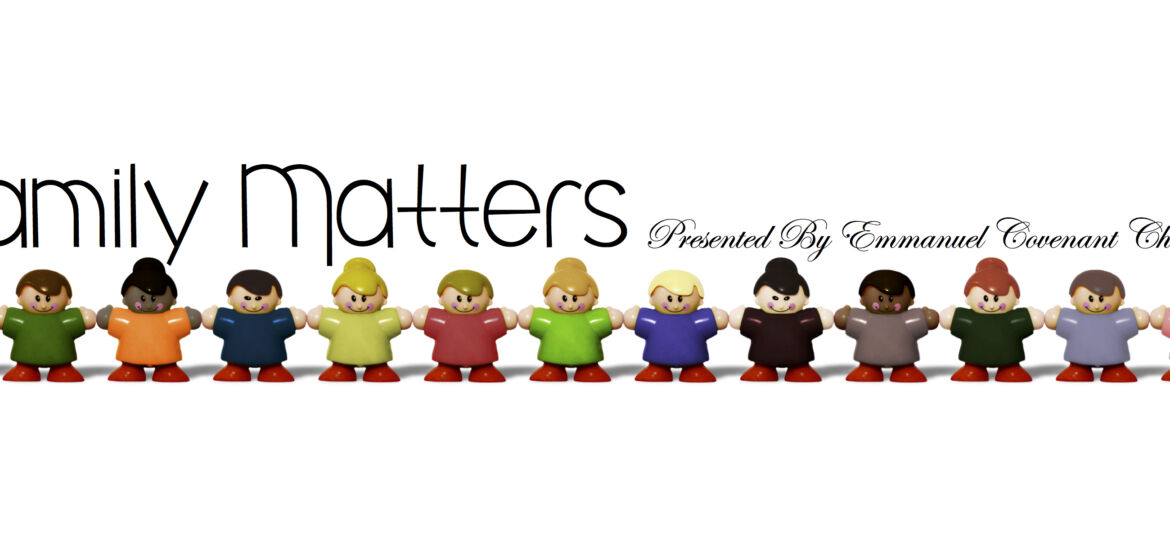
In part one of this mini-series, pastor Keith explores how three of the most basic words in Christianity may soon no longer mean what we’ve always thought and believed.
Words matter. The only reason we use words is because we want to affect change, otherwise why say or write anything? However, words are also difficult because they don’t tend to always mean the same thing. As much as we want to believe that they’re unchanging, they’re not. That’s why we misunderstand one another from time to time; we thought we were talking about “loo” meaning bathroom while our friend thought we were talking about a professional hockey goalie. Because words don’t always mean what they use to, they also don’t always affect the kind of change we seek when we use them. In over a decade of vocational Christian ministry, I have seen hundreds of instances when people thought they were talking about the same thing but weren’t even though they were using the same word. Even the most sacred and basic words of our Christian faith that we don’t think can possibly mean anything else, are morphing in definition right before our very eyes…
 “Jesus”
“Jesus”
Over the last century, we as Christians have predominately constructed our definitions of Jesus around His deity and doctrine. This means when people ask us who Jesus is, we tend to automatically build our response around the fact that He was God incarnate, born of the virgin Mary as prophesied in the Bible, lived a sinless life which He then sacrificed to justify or pay for our sin-debt before ascending to His heavenly throne where He rules and reigns today. This way of portraying Jesus not only transitions into our traditional understanding of the gospel, but it also beautifully correlates with modern cultural traits like logic, reason and efficient step-by-step processing. Some Christians have become so entrenched in defining Jesus by His deity and doctrine that we actually find ourselves feeling uncomfortable and even unable to describe Him otherwise.
Yet as the world around us moves further into post-modernity, we can only assume our response to the question of “Who Jesus is?” will also get nudged and bumped in order to maintain meaning and resonance in a changing world which still seeks to know Christ. For example, the more our postmodern world prioritizes experience and feeling ahead of reason and logic; the more we might also shift towards constructing our definitions of Jesus around His humanity instead of His deity. When people ask us who Jesus is, we may tend to respond more and more by first discussing how Jesus was fully human like you and I, that He walked on the same roads and experienced the same ups and downs in life as we do today. Consequently, we might also choose to prioritize emphasizing the power of His life ahead of doctrine. We describe Jesus more and more as someone who marched to the beat of a different drummer and that His life was better served because it, beckoning us to consider modeling our lives after His in pursuit of the same outcome.
If these current trajectories of the world around us hold true in the days ahead, it is conceivable that we might also find ourselves eventually becoming more apt to define Jesus as some-one we follow with our lives and not just some-thing(s) we believe with our minds.
Keith C.
Emmanuel Covenant Church



I love thinking about words. I wonder if it wouldn’t be easier for us to start with Jesus’ humanity,if people would find it a little easier if we began there. I am reminded that when I worked at the Credit Union we had an entirely secret language-“Credit Unionize” and it wasn’t until we started talking in a common language that we could relate to our clients and help them understand their needs. Have you been to a doctor lately? Is there a translator in the building? Maybe, if I just follow Jesus the way he has asked me to, the reflection those around me will see will be Him, not me. Maybe our actions will be the connection that gives us the common language.